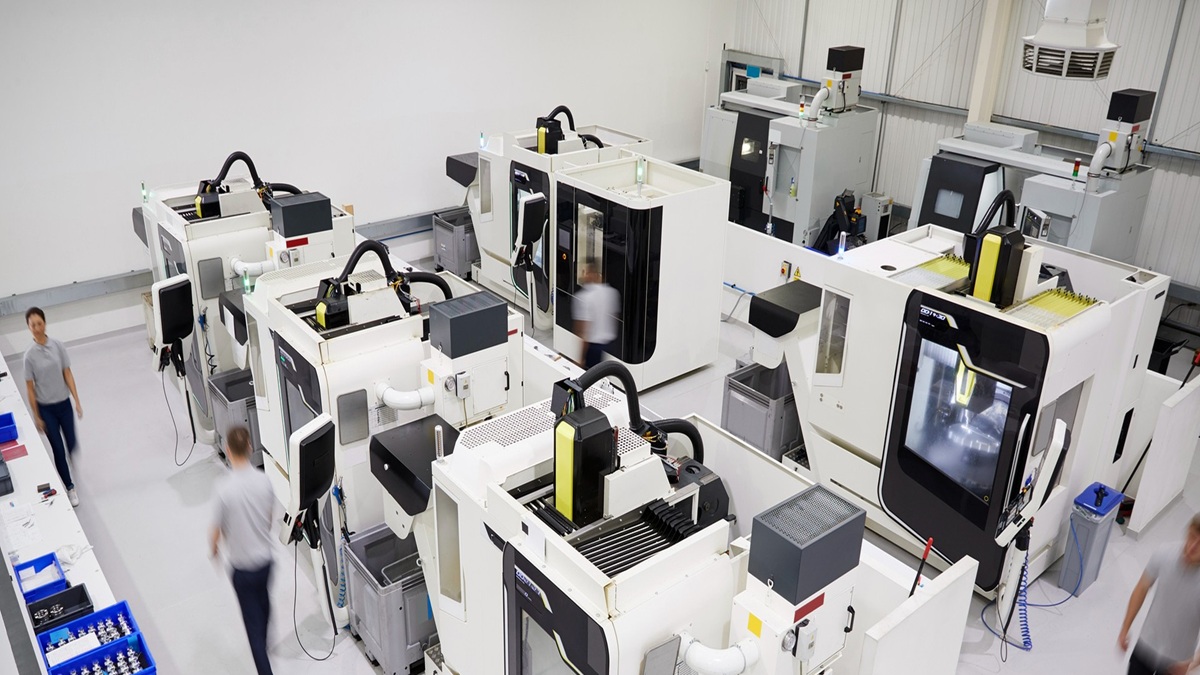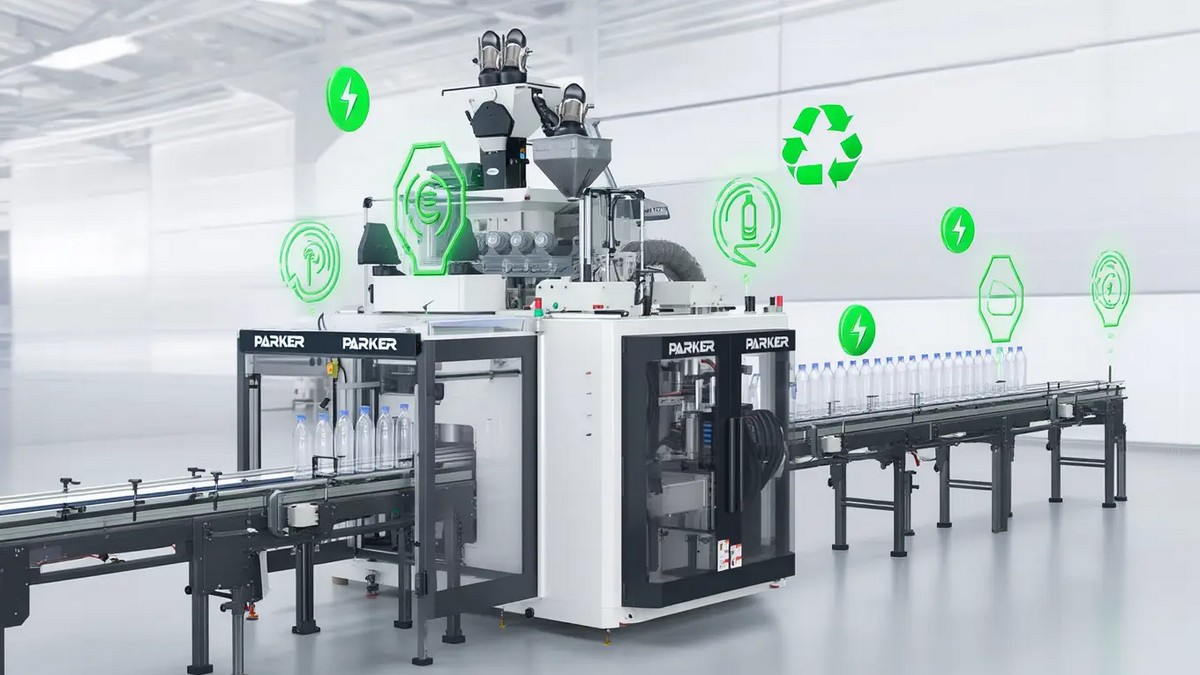Taiwan’s machine tool industry holds a crucial position in the global precision manufacturing supply chain. However, a silent "talent crunch" and "knowledge succession crisis" are now threatening its future. With the acceleration of smart manufacturing, AI, and automation, the industry's demand for high-end, cross-disciplinary talent—skilled in electrical control, software integration, and AI applications—has surged. Yet, the market supply is severely insufficient, hindering the industry's digital transformation and upgrade. Industry observers warn that if this gap continues to widen, Taiwan's international competitiveness in the machine tool sector could face significant challenges within the next five to ten years.
The Widening Talent Gap and Succession Challenges
According to recent industry surveys, the younger generation’s decreasing interest in traditional manufacturing has led to a decline in vocational school enrollment, causing a critical shortage in the fundamental technical workforce. At the same time, high-paying sectors like semiconductors and information technology are attracting a large number of R&D professionals with relevant backgrounds, further expanding the talent gap in the machine tool industry.
Beyond the difficulty of recruiting new talent, a major hidden concern is the issue of knowledge succession. The Taiwan Association of Machinery Industry (TAMI) and the Taiwan Machine Tool & Accessory Builders’ Association (TMBA) have pointed out in their white papers that many senior technicians are approaching retirement. If their decades of accumulated craftsmanship and key technical know-how are not effectively passed on, the industry's core capabilities will erode, posing a long-term challenge to Taiwan’s global market competitiveness.
Academia-Industry Collaboration and Knowledge Digitization
To tackle these internal and external challenges, Taiwan’s machine tool industry is actively seeking solutions. Academia-industry collaboration is seen as the primary solution, with many universities and companies partnering to develop innovative curricula that integrate AI, robotics, and digital twins. By expanding internship and cooperative education programs, students can gain practical experience before graduation, closing the gap between theory and practice and injecting fresh talent into the industry.
Concurrently, knowledge digitization has become a crucial strategy for preserving the experience of senior staff. Many leading machine tool manufacturers have begun establishing Knowledge Management Systems (KMS). These systems systematically record the invaluable experience, process details, and solutions of senior technicians through text, images, and 3D models, creating a cloud-based database. This allows new employees to access and learn from this information at any time, achieving inter-generational knowledge transfer and ensuring that valuable expertise does not vanish with retirement, while also boosting learning efficiency and productivity.
Policy Support and Talent Attraction
To fundamentally solve the talent shortage, the industry is not only taking its own initiatives but also actively appealing to the government for policy support. Several machine tool companies are collaborating with engineering universities, with plans to cultivate a steady supply of composite talent with both IT and manufacturing skills through special projects starting in 2025.
Experts suggest that the government should strengthen subsidies and incentive programs, improve the industry's image and working environment, and offer competitive salaries and clear career paths. Only through collaborative efforts among the industry, government, and academia can Taiwan effectively attract young, cross-disciplinary talent to join the machine tool sector and contribute to the nation’s smart manufacturing transformation.
Future Outlook and Key to Transformation
The next five to ten years will be a critical period for the transformation of Taiwan's machine tool industry. If it can effectively integrate government, industry, and educational resources, establish a stable, long-term talent cultivation system, and use digital tools to preserve core knowledge, the industry is poised to maintain its competitive edge in the global market. By unifying talent, technology, and policy, Taiwan’s machine tool industry can successfully move toward a future of smart and sustainable development.











.jpg)
.jpg)
.jpg)
